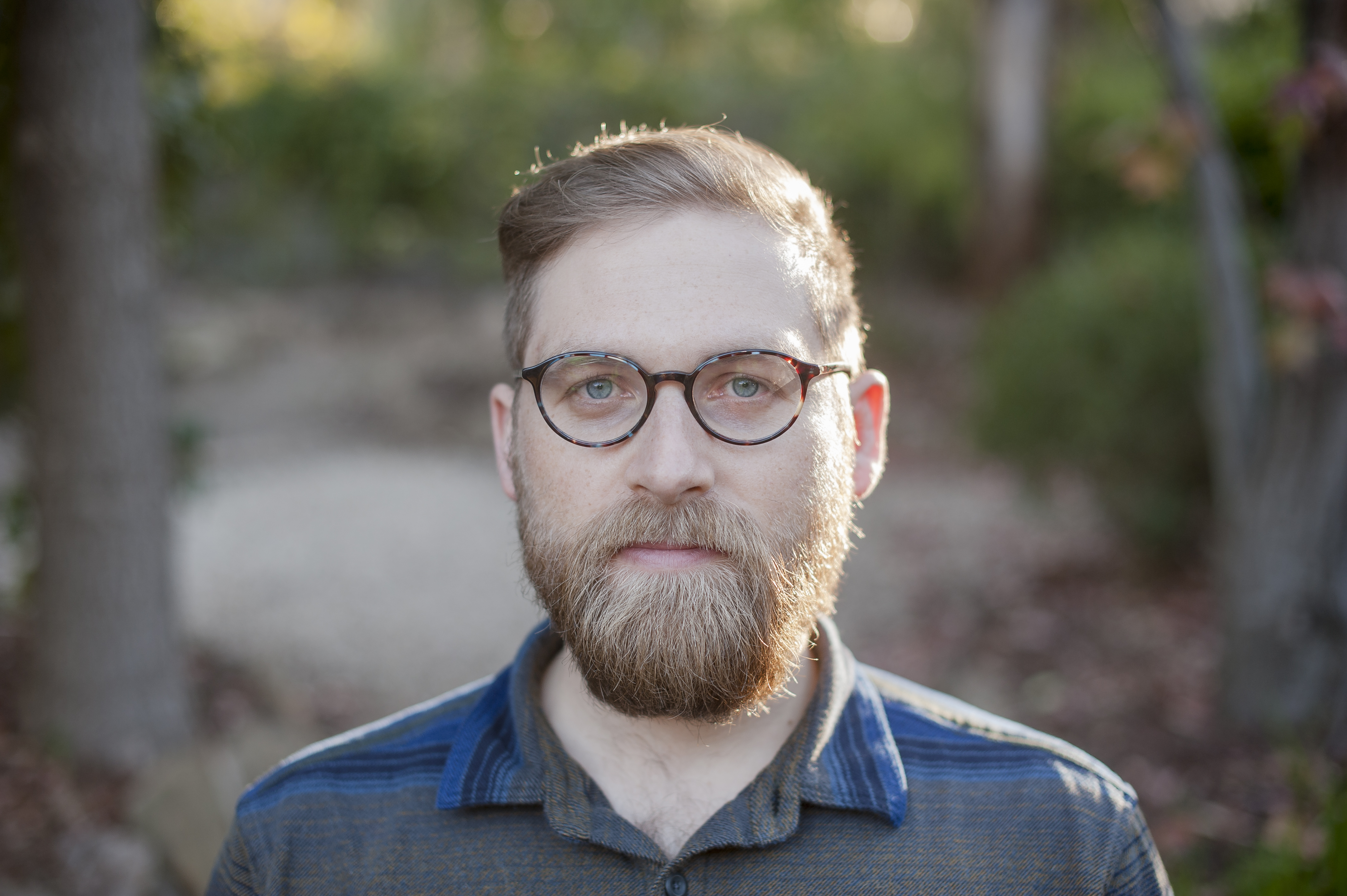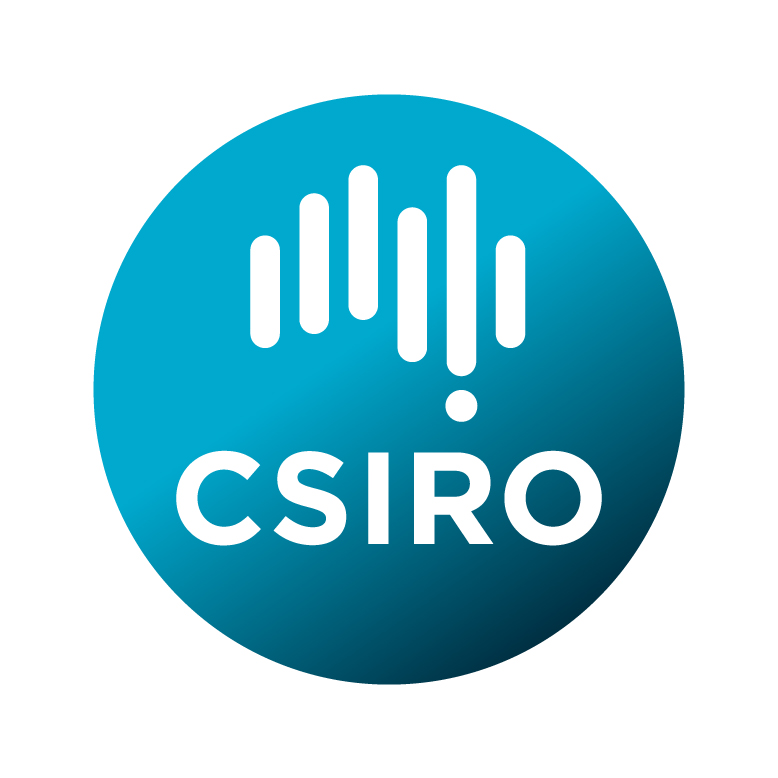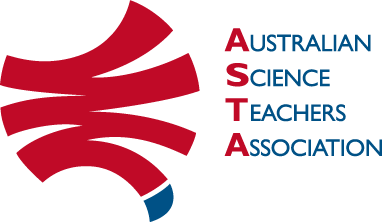Lachlan McCalman

Scientific thinking is pretty fundamental to the way I try to understand the world. I think that it’s one of the most powerful tools we have for discovering objective truth about the universe. I love that, no matter how much two scientists disagree, they should at least be able to agree on how to resolve the dispute with an experiment.
For Lachlan, participating in the Awards was an important life experience. It not only prepared him well for university but it gave him the opportunity to meet like-minded students and enjoy some fun science related activities, as part of the camp in Melbourne.
I think exposure to a big, multi-month project like that early on in my schooling helped prepare me for that kind of work coming up again in university, especially Honours and then of course the PhD. It probably moved the dial somewhat toward engineering (which is sort of where I am now).
Since the Awards Lachlan continued to explore his interests in science and engineering, both in his studies and career as a STEM professional. Whilst studying theoretical Physics at ANU Lachlan came to the conclusion that his passion really lay with software engineering and Bayesian statistics. He pursued these two disciplines via a PhD exploring robotics and machine learning at the Australian Centre for Field Robotics at the University of Sydney. Since graduating Lachlan has worked as a Research Engineer, with Data 61 at CSIRO (formerly NICTA), building software systems that solve real-world problems, utilising machine learning based upon Bayesian statistics. In his spare time he enjoys mountain biking, listening to and making music, programing, gardening and hanging out with friends, family and his dogs.
I suppose I’m some sort of an engineer by trade. Engineering to me encompasses that wonderful process of moving something from the broad brush strokes of being theoretically sound, to being a working solution that is performant and reliable. Making that process more systematic is rewarding in itself, as is actually ending up with some tangible object (in my case usually software) that I’ve created.
For aspiring students, Lachlan has two point of advice. Firstly, he recommends choosing a question that really interests you and secondly, don’t worry if things don’t go the way you expect.
I entered the Awards a few times, but the year I was a finalist was the year I actually cared about the question I had posed. In another year for example I chose to investigate different insulation materials. It seemed like a sensible choice but it was... not exciting, so I didn’t give it nearly as much time and energy.
I would try not to worry if things don’t work out as you expect -- you might have to refocus your investigation in light of some weird results, but that means you’ve learnt something interesting.
Get started with the BHP Billiton Foundation Science and Engineering Awards Alumni Network!
Register for an Alumni network today


